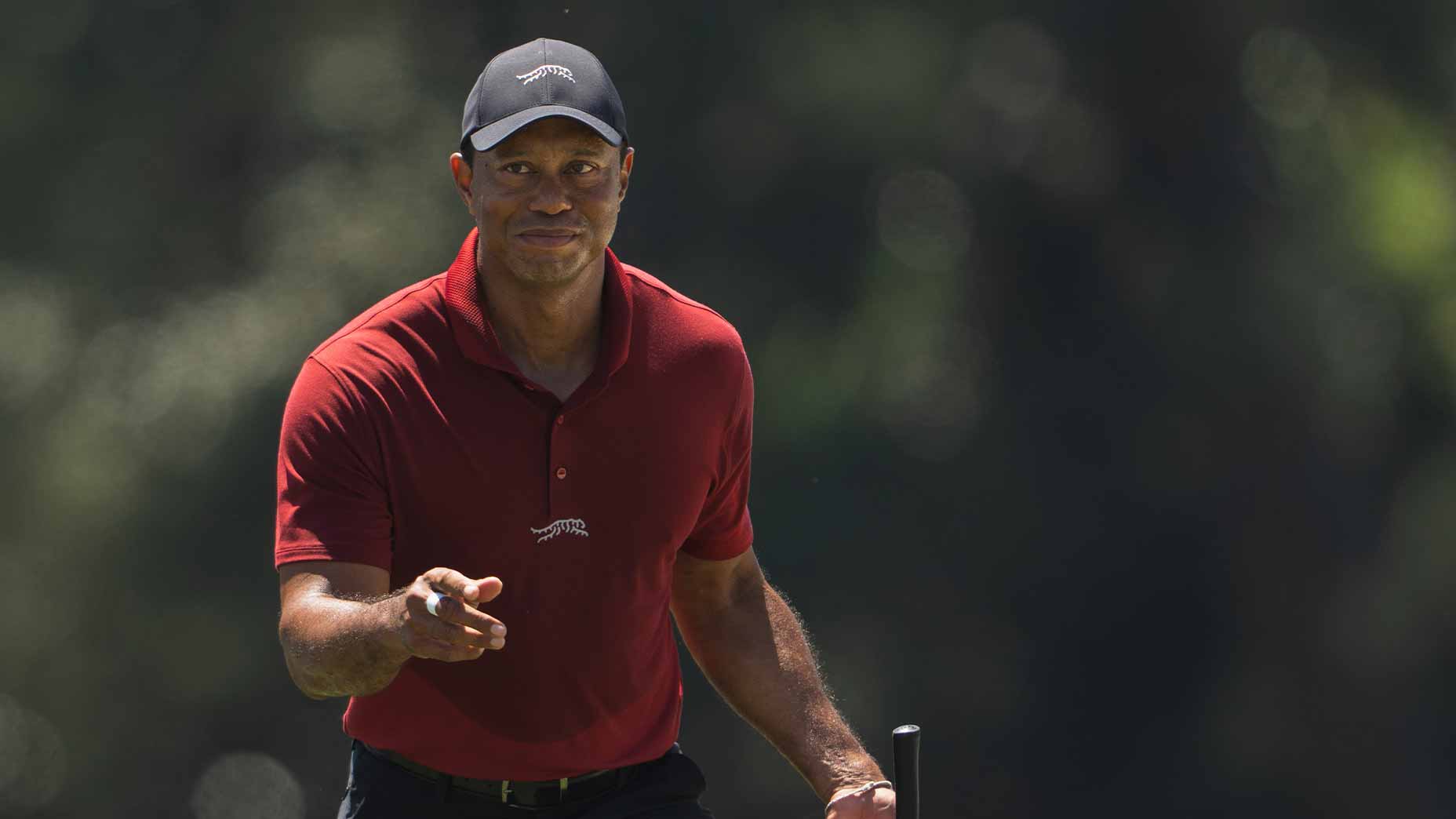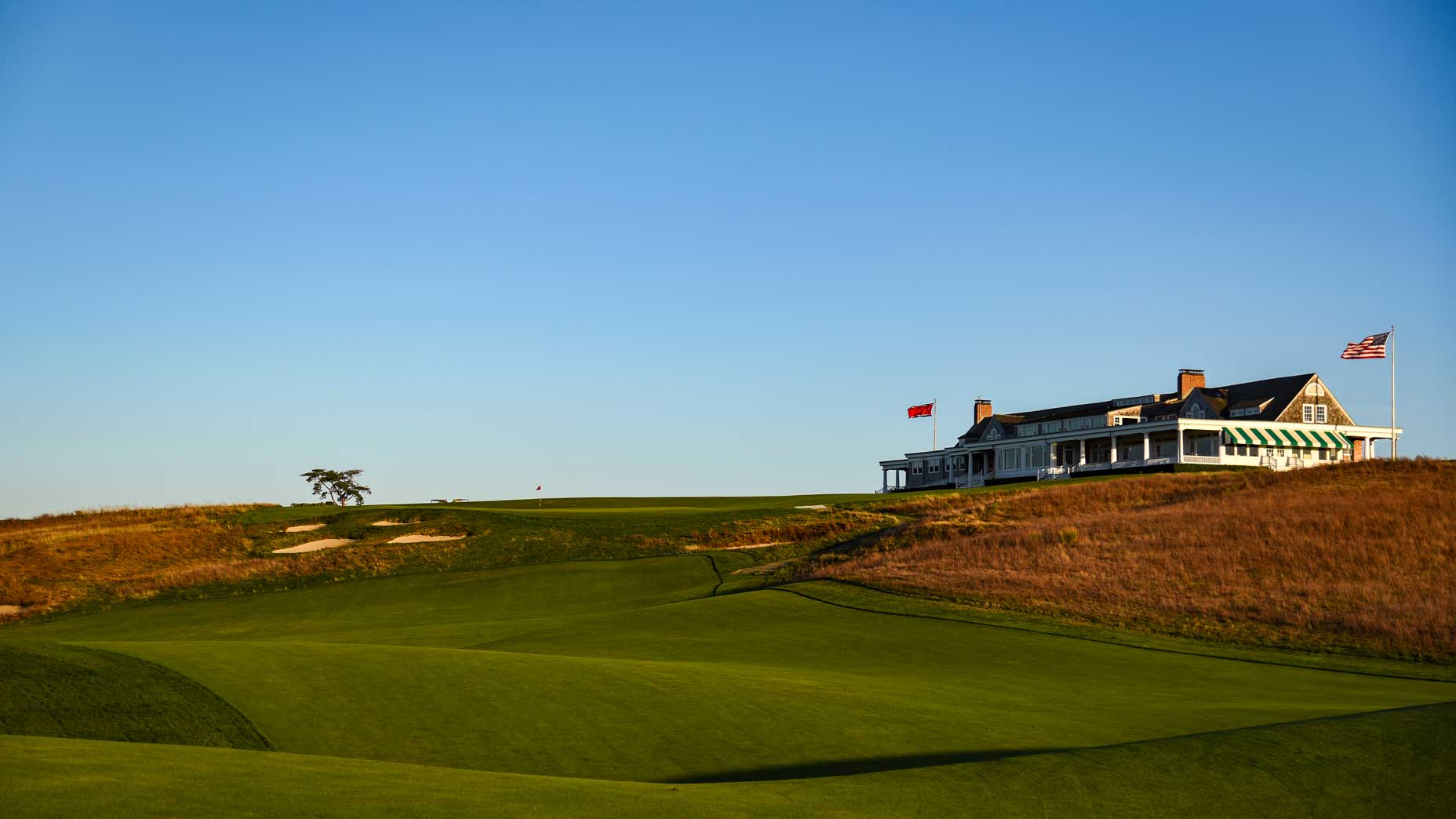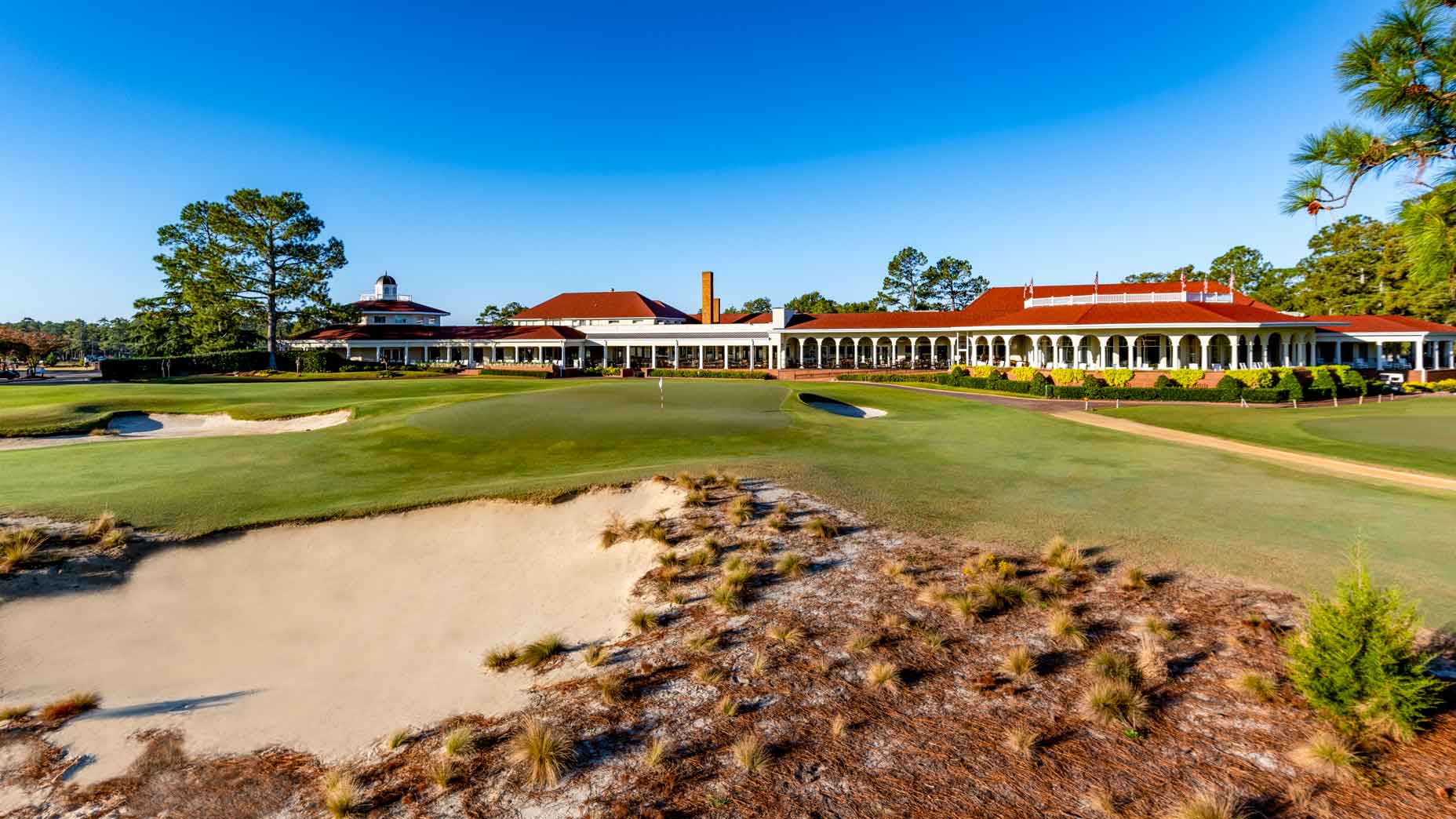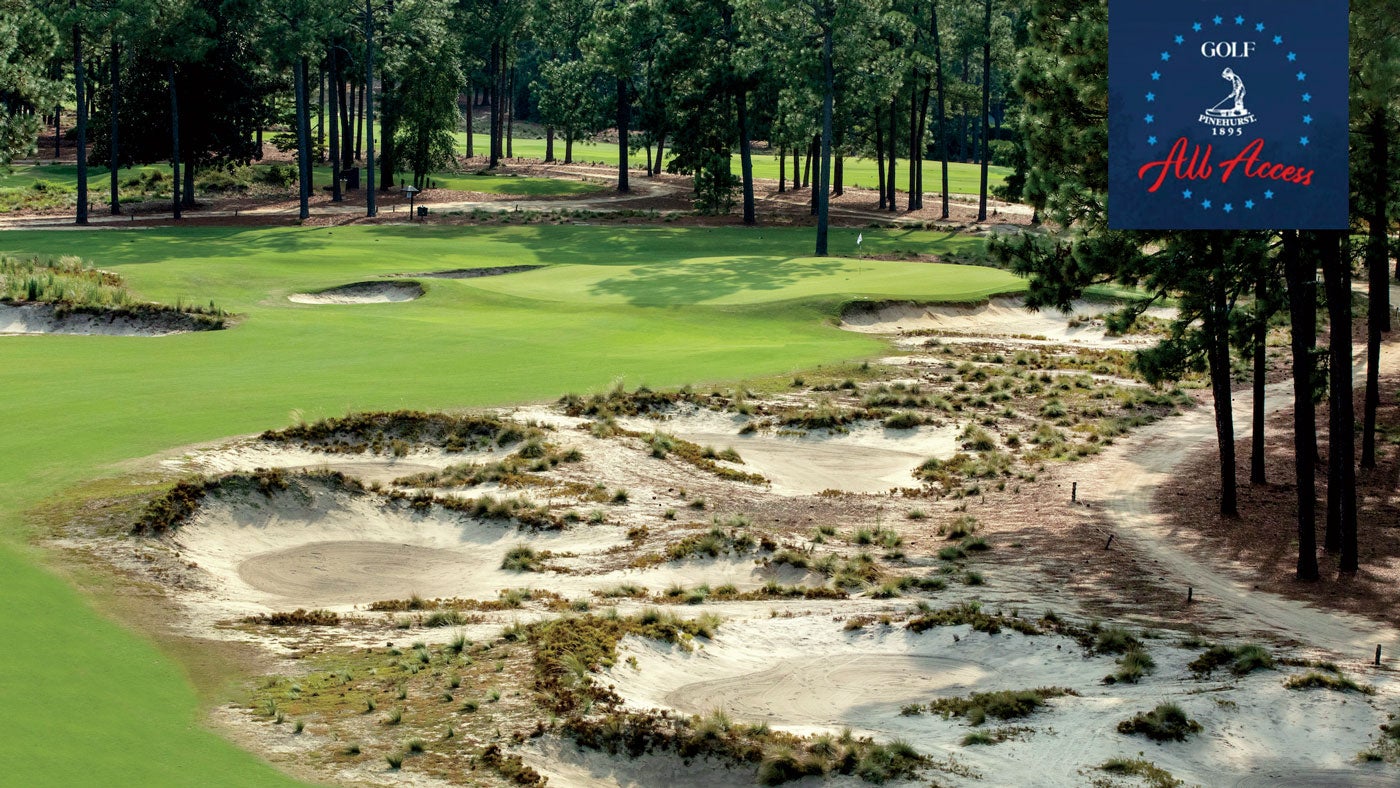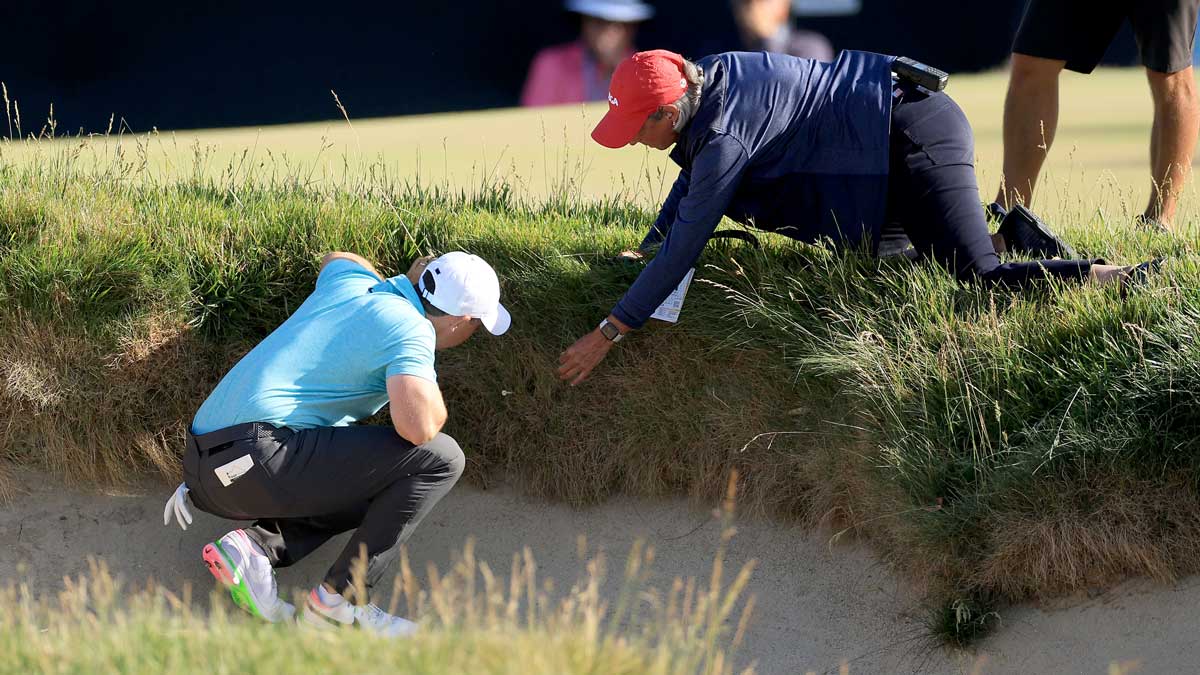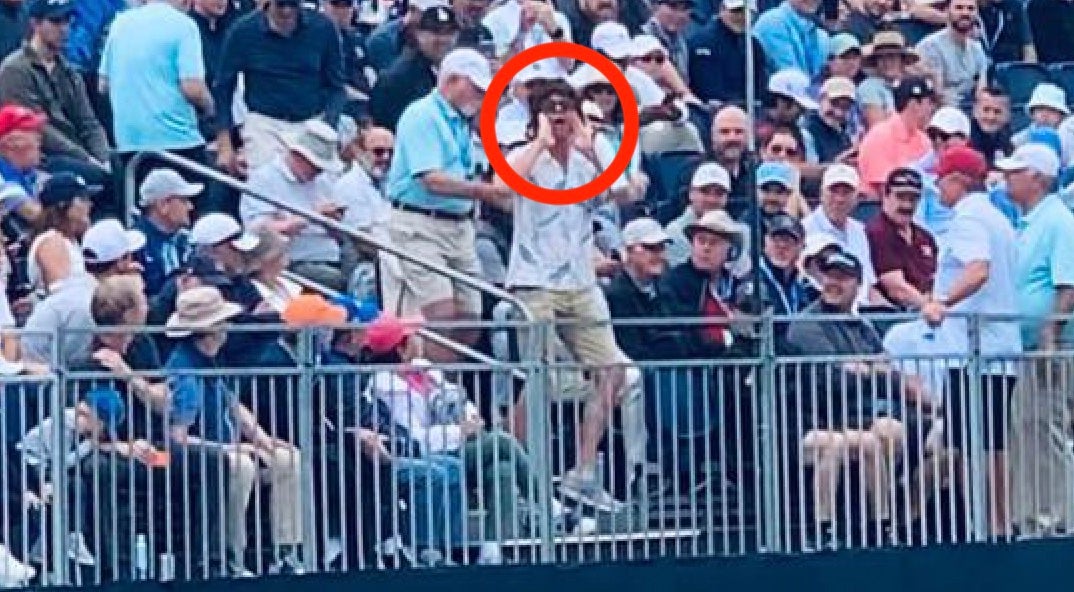Insiders out: At U.S. Open host Los Angeles Country Club, celebrities need not apply
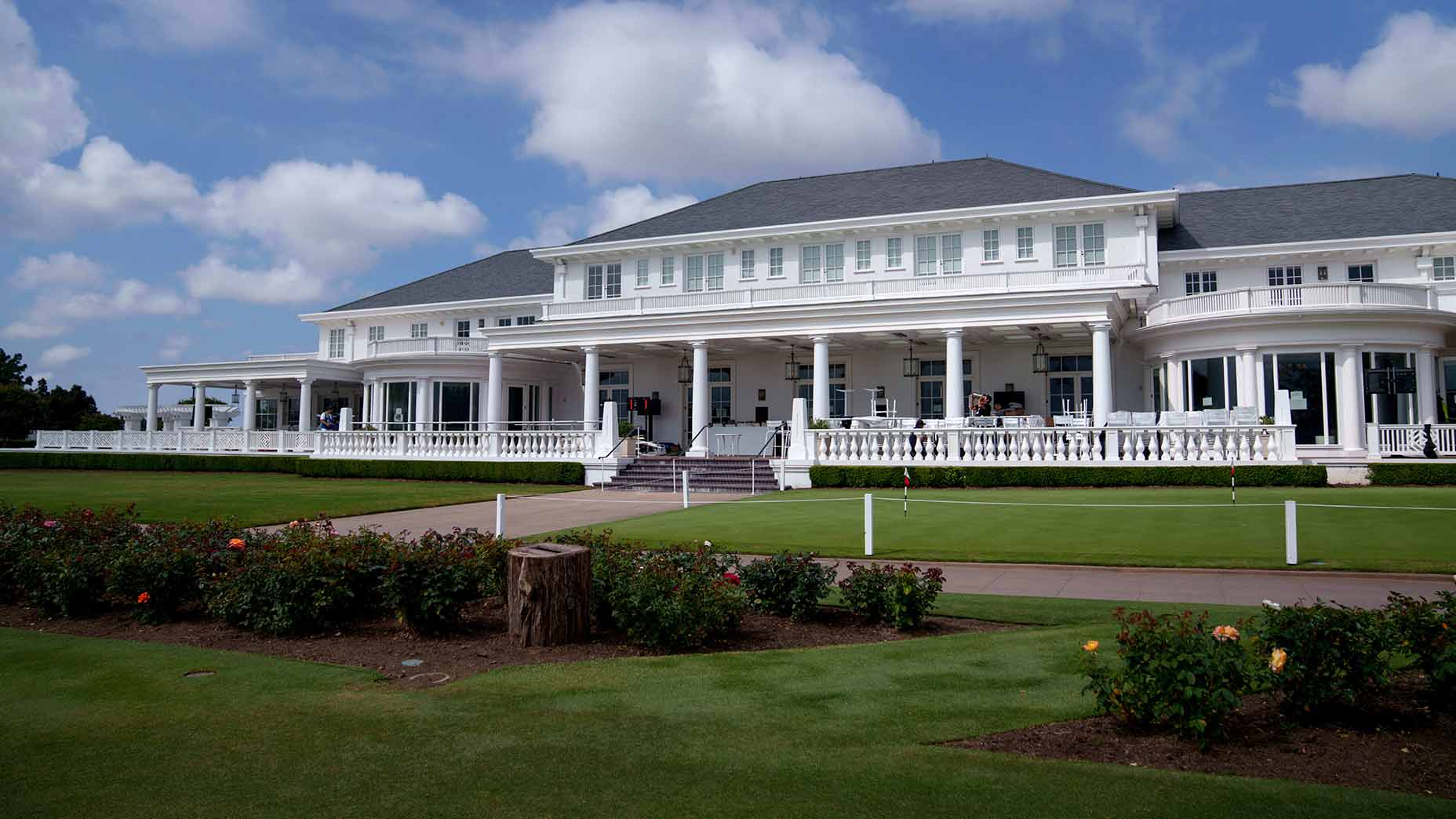
In Los Angeles, celebrity can get you a lot of things. Just not membership at this week's U.S. Open site, Los Angeles Country Club.
Eric Thayer/Bloomberg via Getty Images
On July 7, 1946, a private plane piloted by Howard Hughes crash-landed into homes in Beverly Hills. Word was that the business tycoon-turned-film producer had been trying to steer his aircraft to a softer touch-down on the grounds of nearby Los Angeles Country Club, only to come up short. Sounds about right. Celebrities rarely make it into LACC.
In a city powered by the entertainment business, this week’s U.S. Open host has long been known for keeping “Hollywood types” out of its ranks. If Groucho Marx were still around, he would fit right in; LACC wouldn’t want him as a member, either. Names printed on movie posters don’t tend to appear on top of lockers here.
The late, great leading man Victor Mature learned that the hard way at the height of his fame, after World War II, when he applied for membership at LACC, only to be informed of the club’s prohibition against actors.
“I’m not an actor,” the self-deprecating Mature shot back. “And I’ve got 64 films to prove it!”
Nice try. The club still didn’t let him in.
Among golf’s exclusive redoubts, LACC is hardly alone in its understated leanings. At The Country Club, in Brookline, for example, it has long been the expectation that a member’s name should appear in the local paper no more than twice: once at birth, and once at death. Not even Tom Brady was granted a free pass. The legendary quarterback lobbied for years before the club finally yielded and granted him admission, a development that generated headlines of its own. Oops.
LA, of course, is a very different landscape than leafy New England. Paparazzi proliferate for a reason; celebrities are everywhere.
At LACC, though, they mostly peer in through the hedges. Beside the 4th green of the North Course stands a palace owned by Lionel Richie, a sprawling property that seems sized for hobbits compared to what overlooks the 14th hole: a 123-room French chateau-inspired extravagance built by the TV producer, Aaron Spelling, in 1985. The Spelling family no longer lives there, just as Playboy no longer owns the mansion by the 13th where Hugh Hefner spent decades throwing parties.
For every LACC blue-blood who harrumphed at Hefner’s presence, there were others who took it with a sense of humor. The membership isn’t entirely uptight. Every now and then, they even lighten up their stance on luminaries. Otherwise, how could the actor Ronald Reagan have gotten in?



